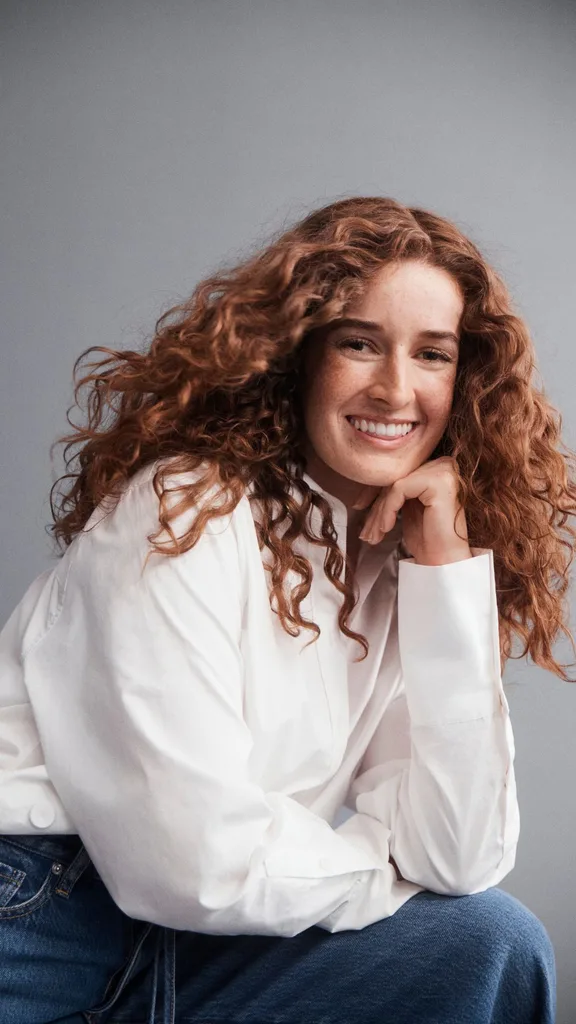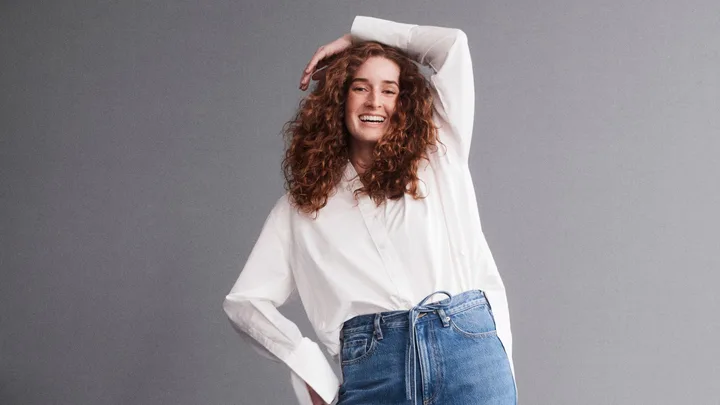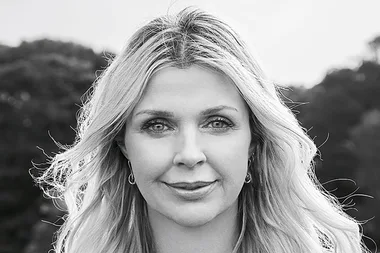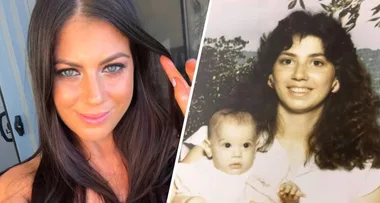23-year-old ovarian cancer survivor and 2025 Witchery White Shirt Ambassador Jemima Leydon shares her story with this lethal reproductive cancer.
When I was diagnosed with ovarian cancer at five years old, I had never heard of ovaries, let alone know I had them.
Before my diagnosis, I had complained to my parents about a sore tummy, but they dismissed it as a common stomach bug. The last thing you expect is for your daughter to have a life-threatening cancer.
One evening, the stomach pain was persistent so I asked my mum to feel my stomach. She placed her hands on my belly and noticed a slight lump.
The next day, my parents took me to The Women’s Children’s Hospital in Adelaide to have some scans, which immediately sounded alarm bells. Within 24 hours, I had emergency surgery to remove my ovaries.
My diagnosis forced my parents to confront what gynaecological cancer meant for their daughter’s fertility in the future, a conversation you never expect to have about a child that young. Looking back now, I feel grateful that my parents sheltered me for the severity of my diagnosis. While I understood that I was sick, I didn’t have any comprehension of what cancer was.
As the symptoms of ovarian cancer are often mistakenly attributed to menstruation or menopause, many women are diagnosed too late. Had I not been so young, it’s likely I, too, wouldn’t have discovered my cancer until much later.
It’s been nearly two decades now since I went into remission from ovarian cancer, but I was one of the lucky ones. The current five-year survival rate for ovarian cancer is just 49 per cent, and this insidious disease takes the life of one Australian woman every eight hours. Based on five-year relative survival rates, ovarian cancer is the most lethal disease across all male and female reproductive cancers.
How Can We Help Prevent Ovarian Cancer?
The federal government has committed less than 1% per cent of all medical research funding to ovarian cancer research, which is not enough. The Ovarian Cancer Research Foundation (OCRF) has been developing an early detection test, but without adequate funding, that test is still a long way off.
Since my diagnosis nearly 20 years ago, survival rates have only marginally improved, which is why funding initiatives such as the Witchery White Shirt campaign, which supports the OCRF, are so important. In its seventeenth year, the campaign sees 100% of gross proceeds from every shirt sold go directly to vital ovarian cancer research.

In 2018, I took part in Witchery’s White Shirt campaign, where I met three ambassadors who had also had ovarian cancer: Helen Powell, Leane Flynn and Letitia Linke. I was 16 at the time and I really looked up to these women who were so passionate about raising cancer awareness.
Seven years later, I’m now the only one out of our group who is still alive. That reality really highlights the need for increased awareness and funding of research so that we’re not losing as many women to ovarian cancer.
What Are The Misconceptions About Ovarian Cancer?
The biggest misconceptions about ovarian cancer is the belief that because you are young it can’t affect you.
Ovarian cancer is thought of as a disease that only affects older women, but my experience alone shows that it can affect anybody with ovaries of any age. The other big misconception is that a pap smear or cervical screening can detect ovarian cancer. Unfortunately, this is not the case as there is currently no early detection test available for ovarian cancer.
What Is The Gender Pain Gap?
At the moment, we live in a society that often socialises women to dismiss a lot of their pain and accept it as the normal trials of being a woman. Without an early detection test and ovarian cancer having really vague symptoms, it’s so important to trust your body and speak to the doctor.
It’s frustrating that women are needing to advocate so highly for themselves to their doctor, but until there’s an early detection test that’s all that we have. If something doesn’t feel right, you have to speak up.
There is still a stigma around gynaecological cancers, causing women to feel uncomfortable talking about their symptoms. Having these conversations with your friends is essential so that women feel more empowered to speak up.
The Witchery White Shirt campaign supports the Ovarian Cancer Research Foundation (OCRF) with 100% of gross proceeds from every shirt sold going directly vital ovarian cancer research. Shop instore and online today
To make a donation to the Ovarian Cancer Research Foundation, click HERE.



